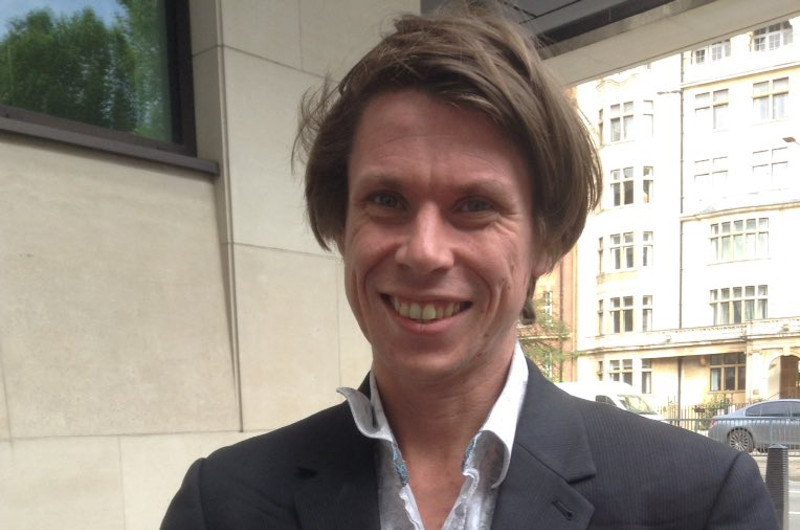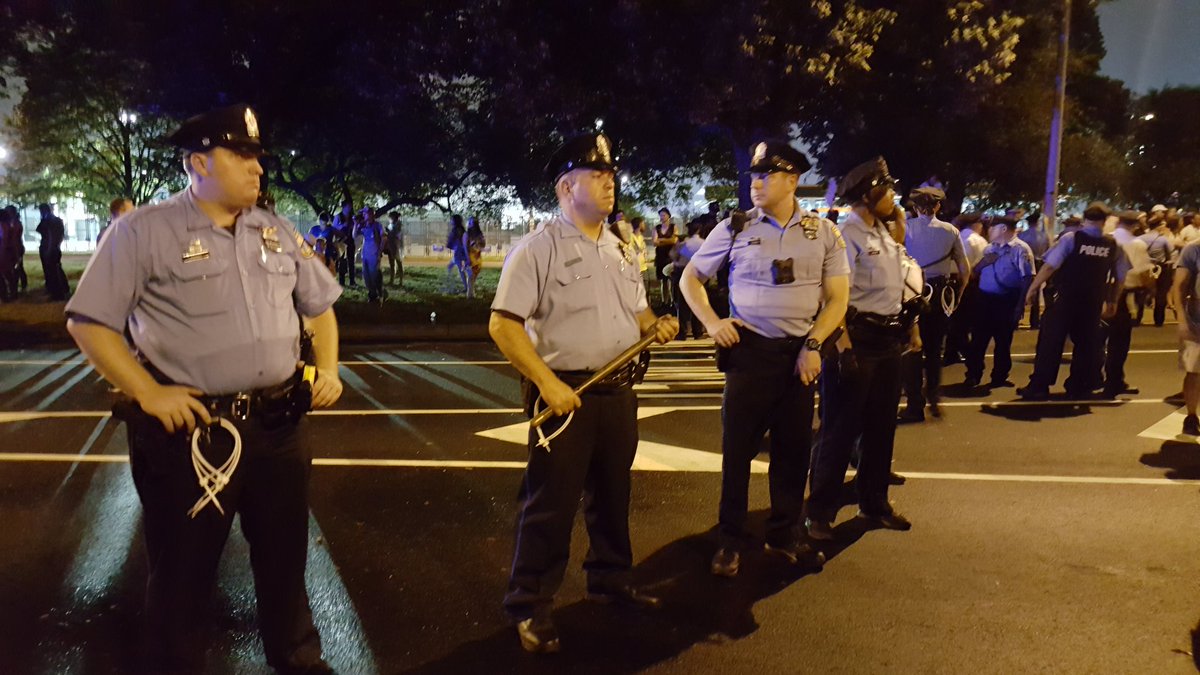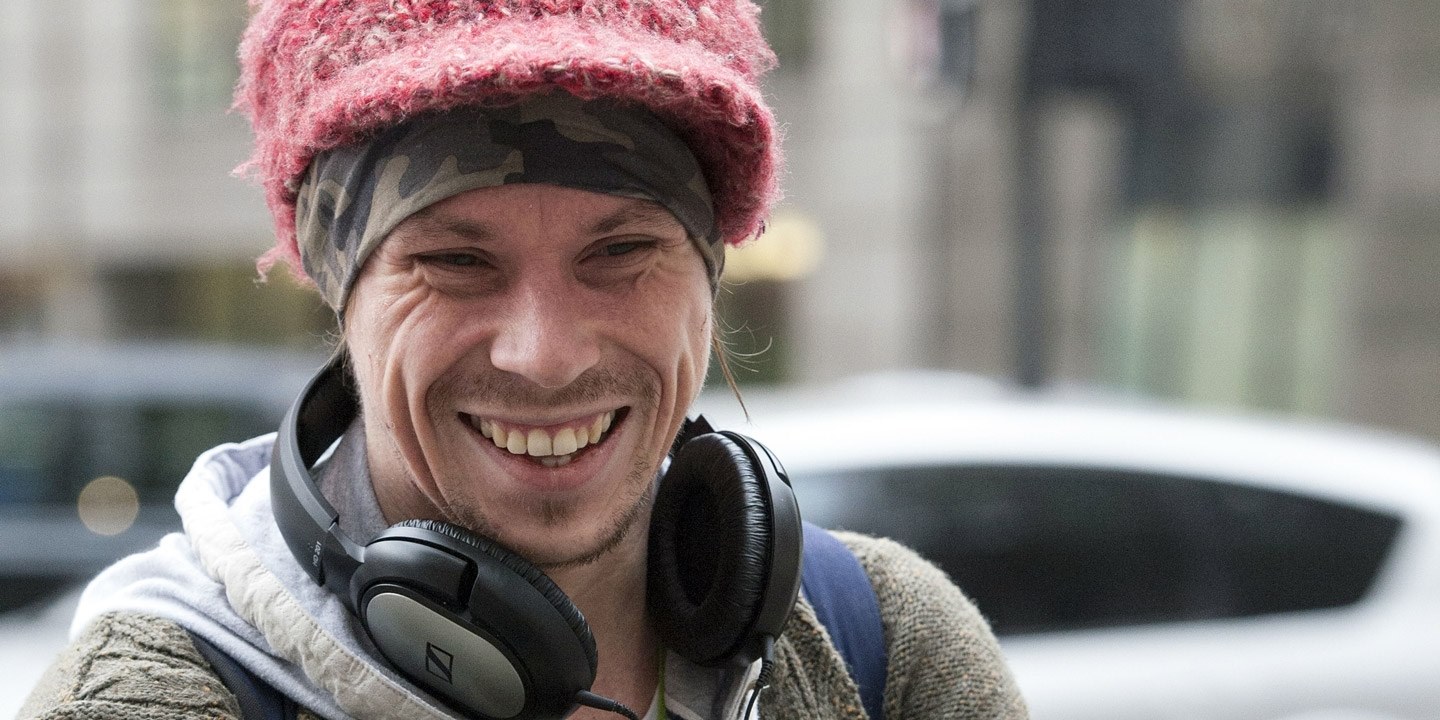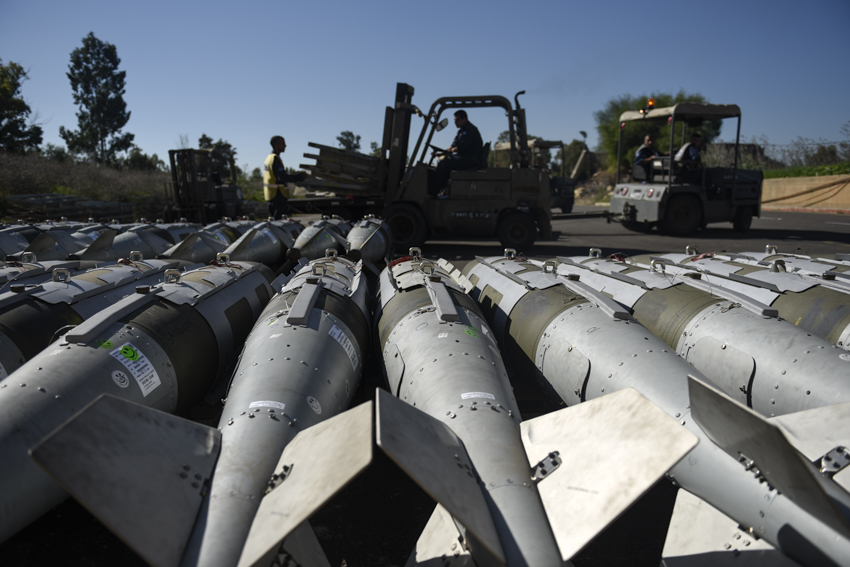Lauri Love is facing extradition, and potentially torture in U.S. prisons, if he is extradited from the U.K. for allegedly taking part in an Anonymous hacking operation in retaliation for the death of Aaron Swartz. On Wednesday, I appeared on Black Tower Radio to discuss the Love case, along with my coverage of the Green Party Convention and the need for electoral reform. I also briefly discussed an upcoming article for The Establishment about how veterans treat themselves with cannabis.
Kit O'Connell: Approximately 8,000 Words Posts
3 Years After Brutal Rabaa Al-Adaweya Square Massacre, US Still Funding El-Sissi Dictatorship In Egypt
Posted in Archive, Journalism, and MintPress News
Three years ago this week, Egyptian forces opened fire on a sit-in, killing hundreds of supporters of ousted President Mohammed Morsi.
At least 817 people died in the Aug. 14, 2013 attack on Rabaah Al-Adawiya Square, where protesters — mostly supporters of the Muslim Brotherhood — had gathered after the coup.
For the survivors and their families, justice remains a far off dream today.
Evangelical Lutheran Church In America Becomes 9th Denomination To Divest From Israel
Posted in Journalism, and MintPress News
On Saturday, the Evangelical Lutheran Church in America became the ninth Christian denomination in the United States to vote for divestment from Israel.
The resolution, which the ECLA calls a “memorial,” requires the church to end its current investments in companies that support Israel’s illegal occupation of Palestine and to rigorously screen all future investments as well.
It’s another major victory for the Boycott, Divest, and Sanctions movement, now over a decade old, which faces growing opposition even as it makes further inroads into American society.
Lawsuit Warns $234B In Aid To Israel Violates US Law Against Supporting Secret Nuclear States
Posted in Journalism, and MintPress News
A lawsuit warns that U.S. aid to Israel violates a law meant to prevent nuclear weapons proliferation, even as the United States prepares to increase the already massive Israeli aid program.
Filed Aug. 8 by Grant Smith, director of the Institute for Research: Middle East Policy, or IRMEP, in the U.S. District Court for the District of Columbia, the suit alleges that U.S. aid to Israel violates two amendments to the 1961 Foreign Assistance Act, known as the the Symington and Glenn Amendments, which collectively ban support for countries engaged in clandestine nuclear programs.
In the lawsuit, Smith alleges that violating these amendments means that Israel has received approximately $234 billion in illegal aid since the passage of the International Security Assistance and Arms Export Control Act of 1976.





